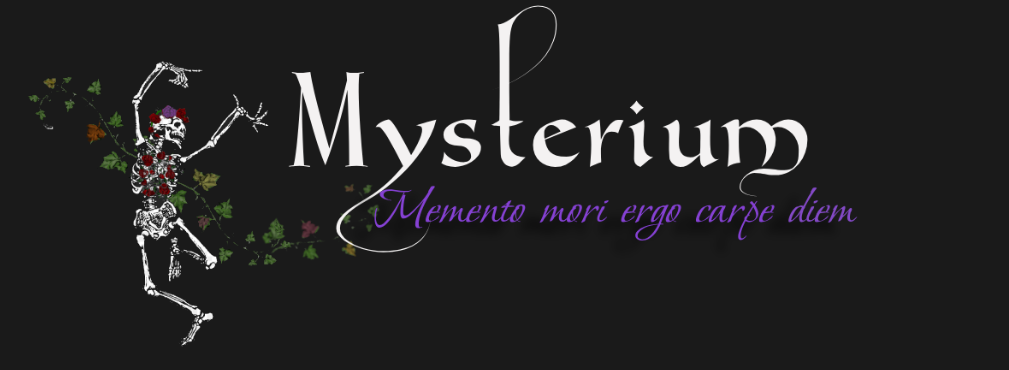
Alexis Shotwell writes for Psyche on Ursula K. LeGuin’s practical philosophy:
In her fiction and theory, Le Guin rejects both nihilism and optimism on the grounds that both defer to a ‘higher purpose’. For her, living without a higher purpose means assuming a few things:
- There is no deity or force in the Universe with a specific plan for our life.
- How society is currently organised is not inevitable; the hierarchies we are born into can be changed.
- We have no specific biological nature that has preprogrammed what it is to be human.
- The people who raised us and the things we’ve been subjected to do not dictate our life’s path.
Le Guin offers a way to choose, act and do without aiming for control. Her work is a model for responding to existentially demanding conditions. She thinks we should not give up on responsibility, even as we jettison the idea that our personal actions control the fate of the world.
We should take seriously how bad things are, and tell the truth about the limits of our personal power. And then we should ask, as one character in her monumental book Always Coming Home (1985) does: ‘How shall a human being live well, then?’ Given this situation and these limitations, what should we do with our life? If we follow Le Guin, we too start to ask how a human being should live well.
